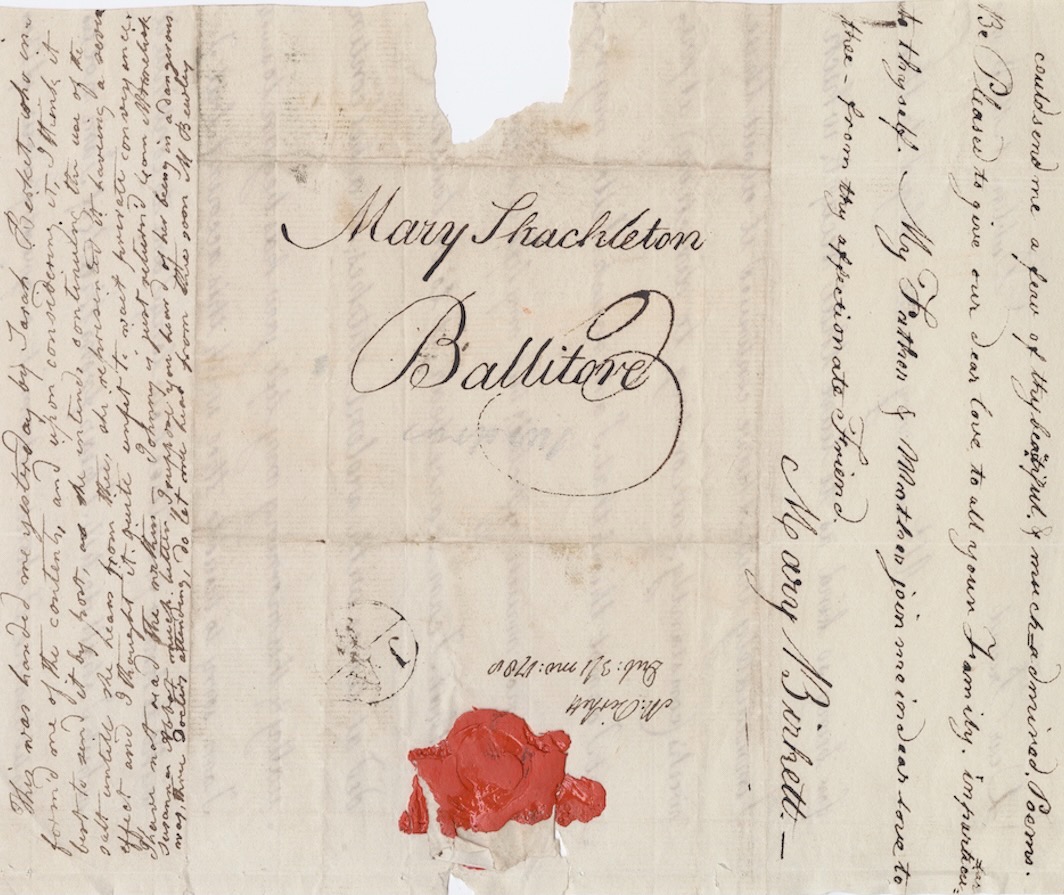Finished! Looks like this project is out of data at the moment!
Thank you for all your hard work on the project! We have completed transcription of UCSB's collection and are waiting for additional documents to be scanned.

Investigating race, gender, class, and religion in 18th- and 19th-Century Irish Quaker Documents
Learn moreYou can do real research by clicking to get started here!
Zooniverse Talk
Chat with the research team and other volunteers!
Corresponding with Quakers Statistics
View more statsKeep track of the progress you and your fellow volunteers have made on this project.
Every click counts! Join Corresponding with Quakers's community to complete this project and help researchers produce important results. Click "View more stats" to see even more stats.
Percent completeBy the numbers
Message from the researcher
The Quakers of Ballitore, Ireland, were a small group, but they have fascinating links to many major political issues of the period: abolitionism, women's rights, religious tensions, global migration, and the American and French Revolutions.
Corresponding with QuakersAbout Corresponding with Quakers
Corresponding with Quakers is an ongoing, collaborative research project investigating the Ballitore Collection held at UCSB Library’s Special Research Collections. The Ballitore Collection features more than 2,500 documents related to the Irish Quaker community of Ballitore, Ireland, including letters, journals, notebooks, and dream accounts. Originally assembled by the author Mary Leadbeater (1758-1826), this unique, understudied collection offers important insights into the intersection of gender, race, and religion in this period. The project, with funding from the UC-HBCU Initiative, the National Endowment for the Humanities, and the American Council of Learned Societies, seeks to investigate and document the collection and in doing so to shed light on the transatlantic development of abolitionist thought, women’s writing, and communal religious practices. We are in the process of digitizing the collection for public access as well as computational analysis.